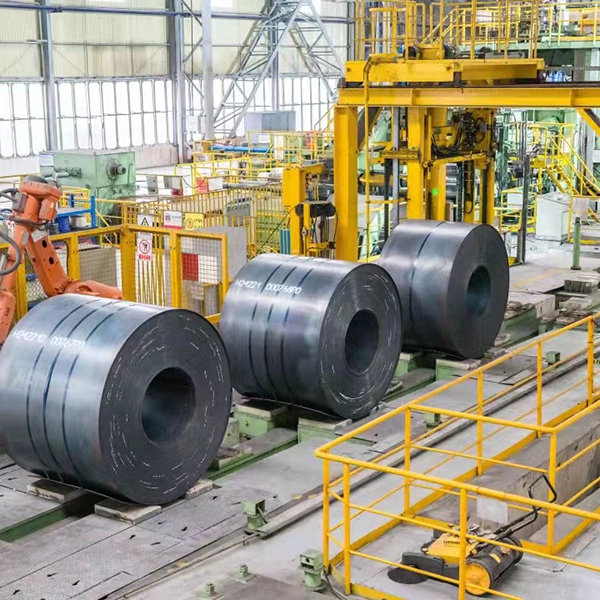
Q195 carbon steel coil has become a fundamental material in various manufacturing sectors due to its balanced mechanical properties and cost-effectiveness. As a low-carbon steel grade, it offers unique characteristics that make it suitable for numerous light industrial applications where high strength isn't the primary requirement but good formability is essential.
The mechanical properties of Q195 carbon steel coil are particularly noteworthy. With a typical yield strength ranging between 195-315 MPa and tensile strength of 315-430 MPa, this material provides adequate structural integrity for many applications while maintaining excellent ductility. The elongation at break, often exceeding 30%, indicates its superior formability compared to higher carbon steels. This combination of moderate strength and high malleability makes it ideal for cold-forming processes such as bending, stamping, and roll forming.
One of the most valuable characteristics of Q195 is its weldability. The low carbon content (typically below 0.12%) significantly reduces the risk of cracking during welding operations, allowing for easier fabrication without requiring pre-heating or post-weld heat treatment in most cases. This property has made it a preferred choice for manufacturers producing welded components where consistent quality is paramount.
The microstructure of Q195 consists primarily of ferrite with small amounts of pearlite, contributing to its softness and workability. While this limits its use in high-stress applications, it provides exceptional advantages for products requiring extensive forming operations. Some manufacturers further enhance these properties through controlled rolling processes that refine the grain structure, improving both strength and surface quality.
Surface quality is another important aspect of Q195 coils. Modern production techniques ensure smooth surfaces with minimal imperfections, making them suitable for applications where appearance matters or where the material will receive additional coatings. The consistent thickness tolerance maintained by reputable producers allows for precision in manufacturing processes.
When considering Q195 for specific applications, engineers must balance its mechanical properties against project requirements. While it may not be suitable for structural components bearing heavy loads, its combination of formability, weldability, and adequate strength makes it an excellent choice for a wide range of light industrial products, from electrical enclosures to furniture frames and automotive components.